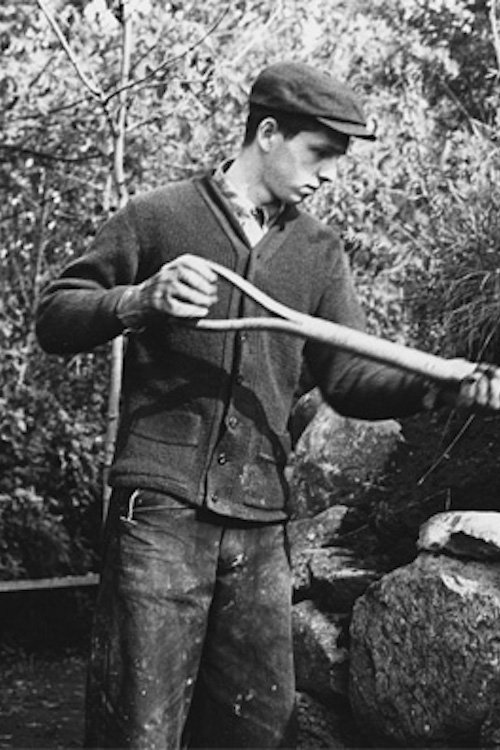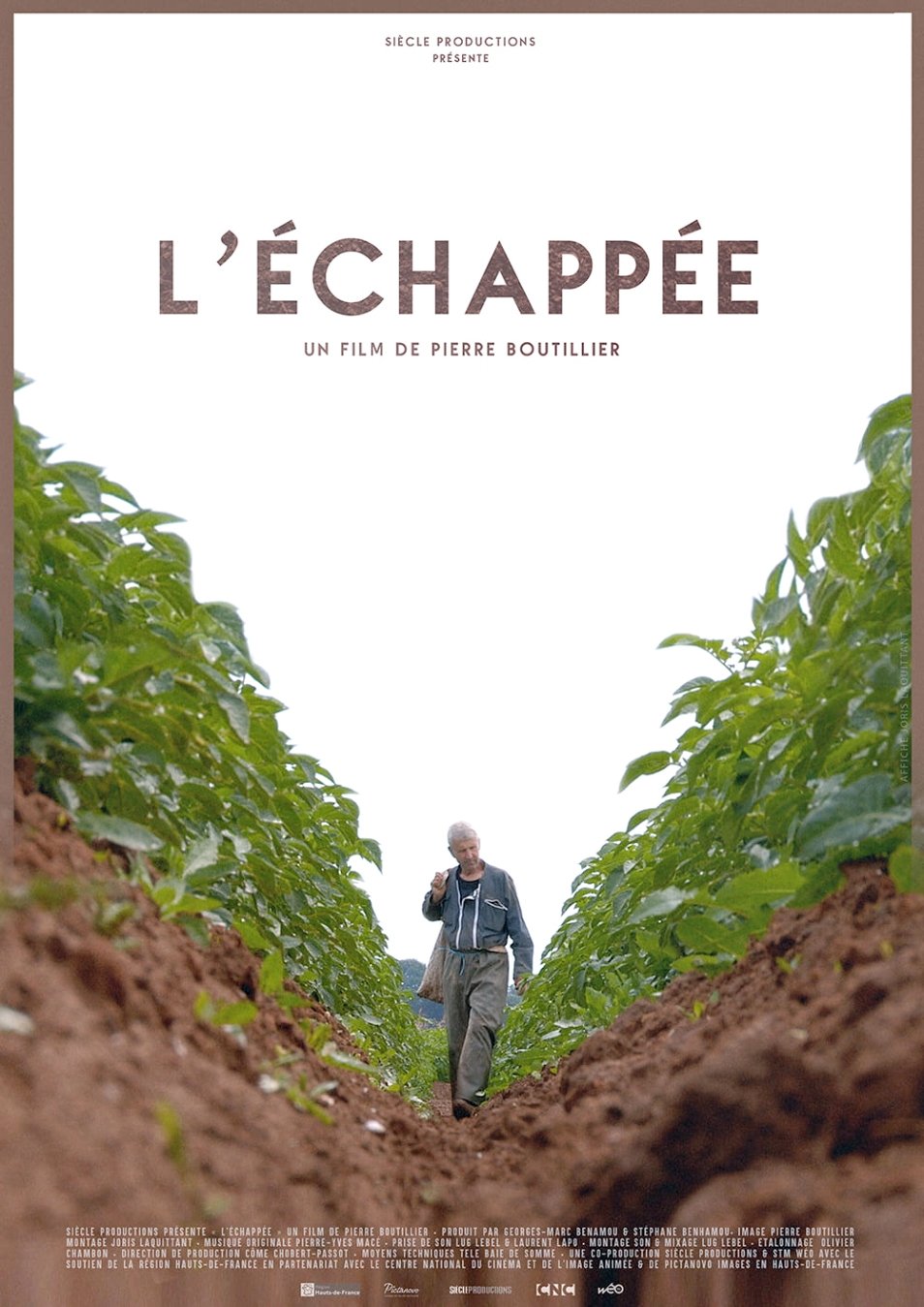Troubled Waters: A Mississippi River Story (2010)
• September 23rd, 2010 • 0h 57min
Documentary
Overview
Farming practices in America's heartland, including excess fertilizers and poor soil conservation, have wrought unintended yet severe consequences on the Mississippi River. Fortunately, farmers, scientists, and citizens are pursuing more sustainable land-use practices that meet ambitious food production goals while ensuring the long-term health of precious natural resources.
Make sure to check your pop-up blocker!!
Trailer
Similar Movies

Meeting Place Organic Film
Released on: 2016-04-02
Documentary
Local, organic, and sustainable are words we associate with food production today, but 40 years ago,...

How We Live
Released on: 2023-06-17
Documentary
In California’s Central Valley, tucked between the county jail and the shooting range, 100 Mexican-A...

Railroad of Hope
Released on: 2002-12-09
Documentary
Railroad of Hope consists of interviews and footage collected over three days by Ning Ying of migran...

King Corn
Released on: 2007-10-12
Documentary
King Corn is a fun and crusading journey into the digestive tract of our fast food nation where one ...

New Home in the West
Released on: 1943-01-01
Documentary
This short film traces the journey of the first Ukrainian settlers in Canada. Seeking freedom and op...


